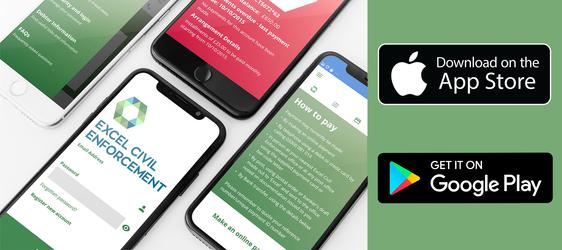
Please accept marketing-cookies to watch this video.

Following the webinar held on 17th January 2018 on revenue recovery methods in the digital age, we have compiled the questions asked at the end of the webinar and here are the answers.
If the client has supplied the number to the council directly, which in the case of the campaign ran by Bracknell Forest Council, this was how the phone numbers had been given by the individuals concerned.
Councils can use the number as they have been supplied with in writing on forms. Where clients have given their mobile number as their preferred method of contact, this can be used for revenue recovery correspondence.
The percentage of texts that weren’t delivered was 7%. The numbers used were all supplied by the client, so they were the correct numbers supplied at the time and consent was given to use them. We only had one person call in to say the number was incorrect and that is because it was her ex-partner who had supplied her number to us as the main point of contact.
Yes, the SMS service can be used by councils in Wales. You can access the service here https://www.notifications.serv...
You can supply reference numbers on the text message, we decided to not include this information as we were running a test campaign to see how the response was. This was not why the 6% rang in they all had other questions or queries around their council tax payments.
At Excel we have a robust system in place to recognise vulnerability and vulnerable debtors. All of our staff have received comprehensive training. Our training is award winning and endorsed by CILEx (the Chartered Institute of Legal Executives). We believe that recognising vulnerability and dealing with it appropriately means we can have better results for our clients with regards to their revenue recovery. We would always follow the appropriate steps and guidance and work closely with our clients to communicate the needs of vulnerable debtors so that everyone is on the same page.
You have to be responsible, you wouldn’t use your own account and would probably have an account specifically set up to use for this purpose as you will need to be logged in to an account for looking people up.
Some councils will have social media policies that will restrict or ban its use, however the information that can be found on Facebook can be invaluable as it is in the public domain and has been provided by the person to be so.
You are only limited to the number of characters in a text message which is 160 characters, so you can word it how you like so that it can have maximum impact. You can watch a YouTube video here about how the messaging system works:


You need to accept cookies to use this service. Please click on the circle icon at the bottom left of the page.